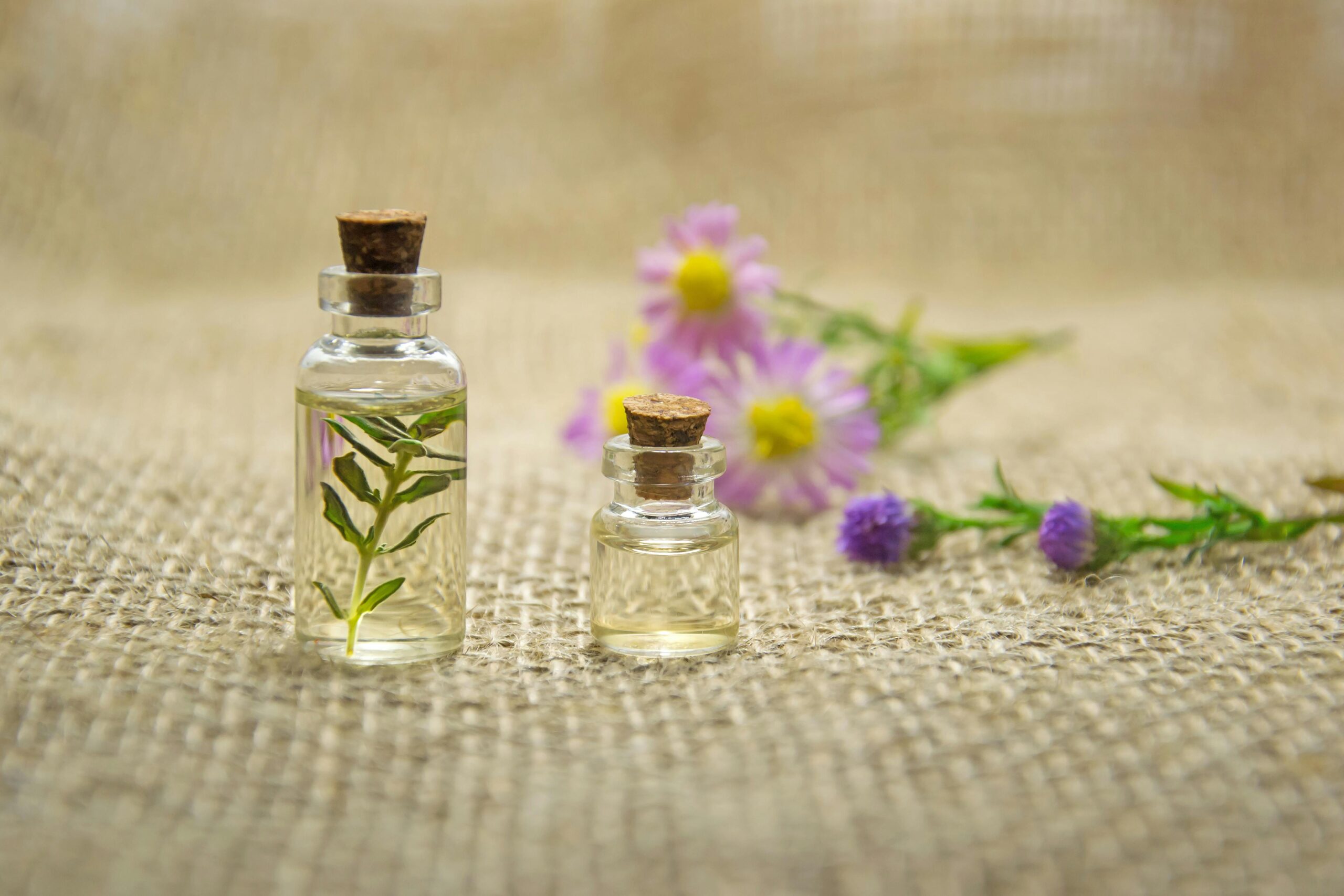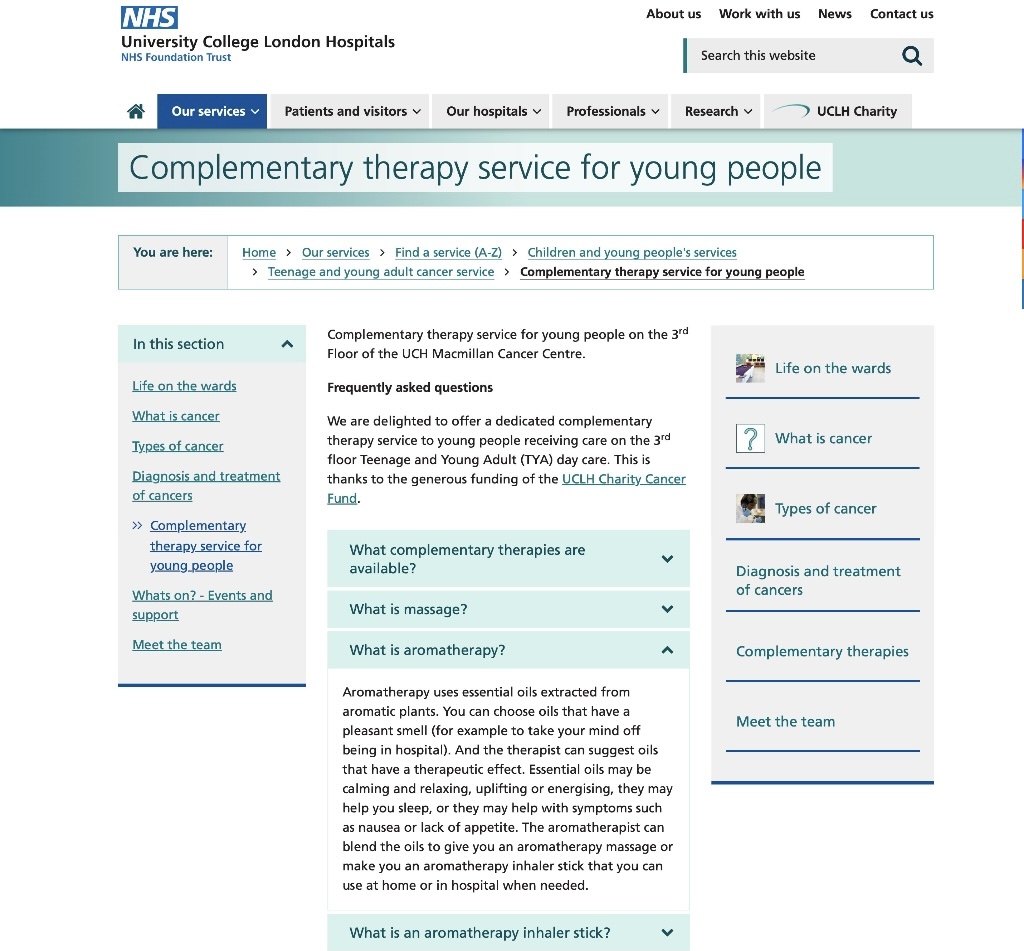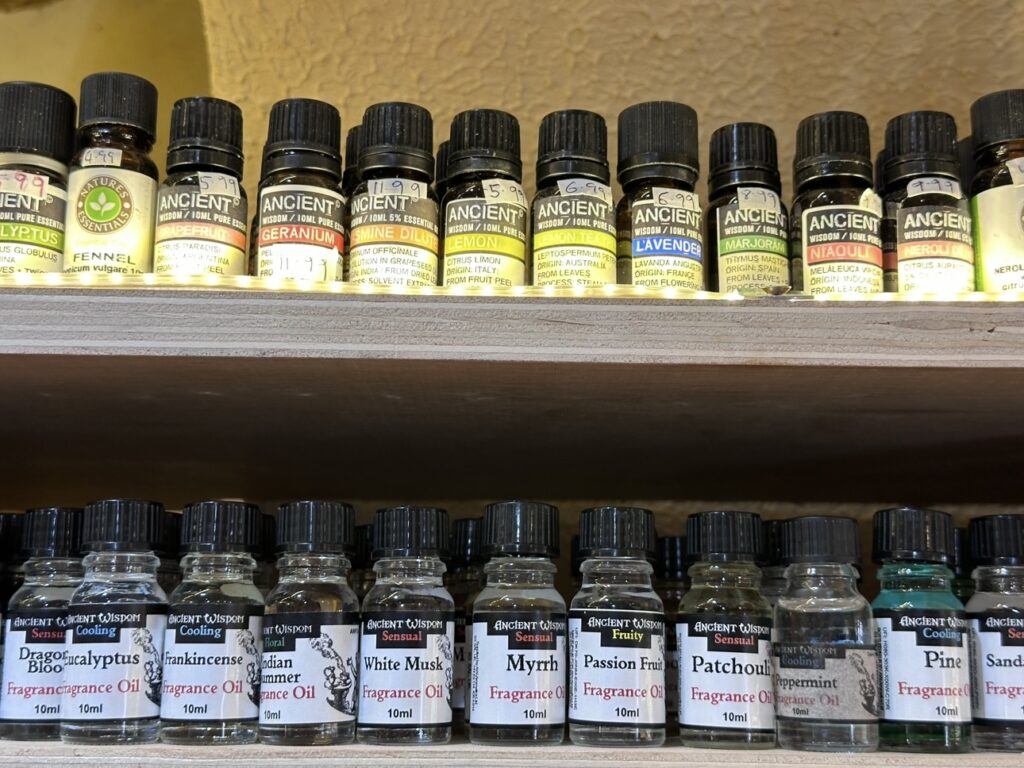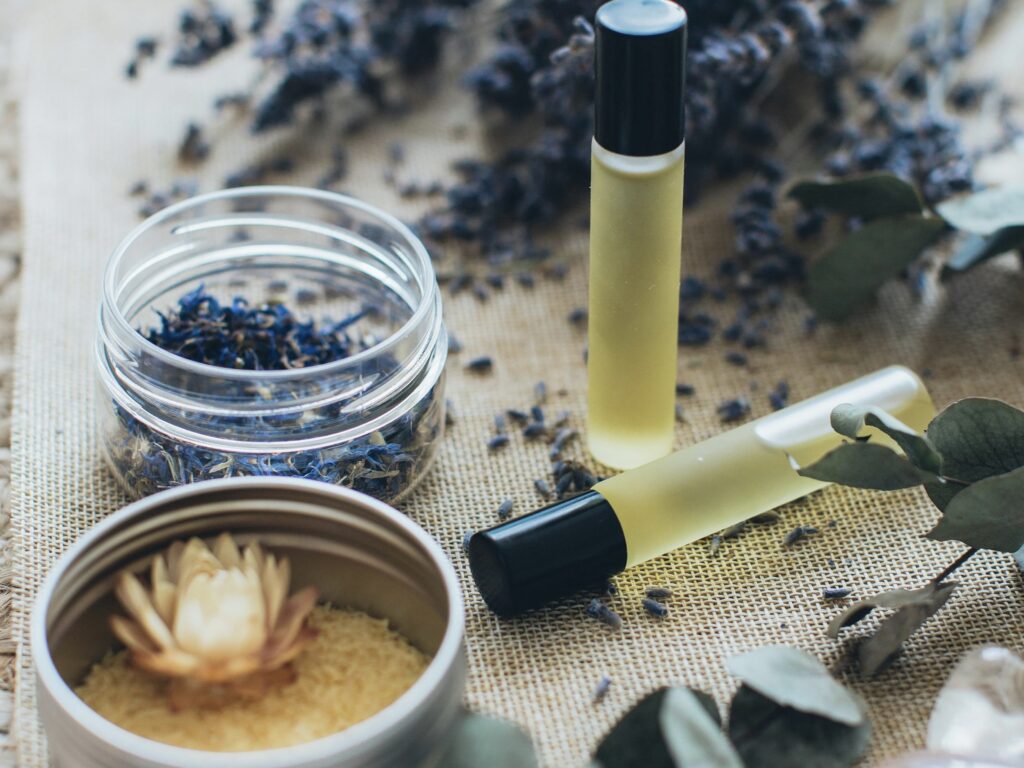
In recent years, aromatherapy has gained popularity as an alternative treatment. Despite this, the science behind aromatherapy, its effectiveness, and future prospects are still debated. This article reports these aspects in detail.

How Aromatherapy Works

Aromatherapy relies on the active compounds in essential oils, which the body absorbs through inhalation or skin contact. Some healthcare centers, like The Royal London Hospital for Integrated Medicine and University College London Hospitals, are incorporating aromatherapy into clinical care. In these settings, the focus is on its potential healing benefits rather than just relaxation. For example, some essential oils have expectorant, mucolytic, and decongestant properties, which make them effective in the treatment of respiratory conditions.
Lauren Allen, an operations manager at the International Federation of Aromatherapists (IFA), explains that aromatherapists often work with doctors to create personalised treatment plans. “Lavender and chamomile essential oils are commonly used in post-operative care to help patients relax and improve their sleep quality,” she says.


Kim Gyusoo, who has used aromatherapy for sleep relief. “At first, I just wanted to see if lavender essential oil would really help me sleep,” she recalls. “I didn’t expect it to help me relax so much and really improve my sleep quality.” However, Kim just thinks aromatherapy as a complement to medication. “I know it can’t replace medicine. I still use some medication for pain.”
Other Views
Research on the scientific basis of aromatherapy is still in the early stages. Some experts believe its effectiveness might be related more to the placebo effect. There isn’t enough scientific evidence to support its widespread use.
Right now, most studies on aromatherapy are quite small and not very detailed. So, we need to be careful and do more thorough trials to really prove how effective it is in medical settings. ——— Lauren Allen
Xubin Zhao, another interviewee, raised concerns about aromatherapy products. He believes consumers should be cautious when choosing these products.
From this point of view, it is clear that not everyone is fully in favor of aromatherapy. People also have reservations about it. Although aromatherapy has the potential to become a popular complementary therapy in the future, there are still many areas that need to be covered. Its safety and efficacy need to be thoroughly investigated. As more research is conducted and results are published, aromatherapy may gain a more credible position in the medical community. However, until these figures are more conclusive, scepticism and cautious adoption are likely to continue. This cautious approach is essential to ensure that aromatherapy can be safely and effectively integrated into health management practices.
Future Prospects
Lauren notes, “I agree people’s trust in traditional medicine is declining. They are more open to trying natural, gentle treatments.” Aromatherapy has shown promise in relieving symptoms, but its effectiveness and safety still need to be confirmed by further studies. With more research, its medical value could become more widely applied. As Lauren says that if we can overcome the current challenges, aromatherapy has the potential to become a widely accepted complementary therapy.
This website is part of a student project. While the information on this website has been verified to the best of our abilities, we cannot guarantee that there are no mistakes or errors.
The material on this site is given for general information only and does not constitute professional advice.
The views expressed through this site are those of the individual contributors and not those of the website owner. We are not responsible for the content of external sites.